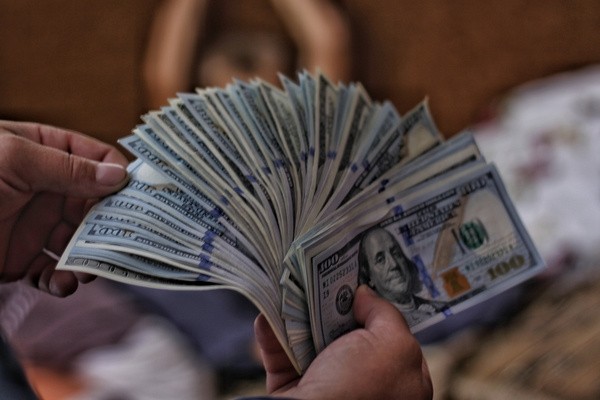
Is it your first time buying a home or property? Usually, first-time homebuyers only focus on the actual price of the property and the interest rate they can get on the mortgage loan. Yes, it is essential to know these costs. However, as a buyer, you should also be aware that there are other homebuying expenses you will encounter in the entire process.
It is important to know these fees because some of them need to be paid upfront. The entire home buying process requires budgeting and careful planning. Other costs can be included in your mortgage payment and home loan. Understanding the different fees involved in buying a property is crucial in ensuring an affordable and successful purchase.
Here's a guide that will help you understand the different fees you may encounter when purchasing a home.
Upfront/One-time costs
Downpayment
The downpayment is proof that you can afford a home. Traditionally, most advisors will recommend you put down 20 percent so you'll get the best loan terms.
However, today, first-time buyers get a loan with less money upfront, usually less than 10 percent. You can also put a downpayment as little as 3.5 percent or even 0% with mortgages like VA, USDA, or FHA.
INTERESTING READ : Do NOT Make These Mistakes When Selling a House
But you need to be ready to face higher monthly payments and increased costs of borrowing. Also, most lenders require private mortgage insurance, or PMI, if you pay a downpayment of less than 20 percent.
Inspection and appraisals
An appraisal is often needed so your lender can justify the money it's lending you for the property. It is to make sure they are not financing it for its actual value. The appraisal fee is one of the expenses you need to pay the lender upfront before an appraisal occurs.
A home inspection, meanwhile, will help you know if the property has any issues you'll need to expect. Inspection and appraisal are required after you accept the offer and before closing. Usually, an appraisal will cost you $300 to $400, and a basic home inspection will be around $300 to $500.
Closing costs
The closing cost ranges from 2 to 5 percent of the home's value. In case you're wondering, here are the things included in the closing costs:
- Title insurance
- Underwriting fee
- Origination fee
- Credit report costs
- Document preparation fee
- Property taxes
- Prepaid loan interest
- Homeowners Insurance
Closing costs are due when you close on your mortgage.
Ongoing homeowner expenses
Principal and interest
The principal refers to the value of the property you need to pay every month. The interest is the amount added to your principal in your mortgage payment, depending on the type of mortgage you have.
Most first-time buyers think it's the only monthly expense they'll have to pay, but that's not true. There are other monthly fees you need to be aware of.
Insurance
In case of loss or damage, a homeowner's insurance will protect your property. Insurance rates vary depending on your location and coverage. You can shop around to get the best deal.
Private mortgage insurance
As mentioned earlier, if your downpayment is less than 20 percent, you will need to pay for private mortgage insurance as part of your mortgage payment each month.
Property taxes
Each city and state have their own property laws and rates. We suggest that you check with your local government to know the price of a potential property you've been eyeing. Determine the assessed value of your property and multiply it by the tax rate. This way, you'll be able to get an estimate of your future payment.
Other monthly home expenses may include homeowner's association fees, home maintenance costs, and property maintenance. Check your budget to know if you are ready with all the homebuying expenses mentioned above. It's better to be aware so that you won't be surprised by a long list of fees you need to pay to own a property.
© 2026 Realty Today All rights reserved. Do not reproduce without permission.



